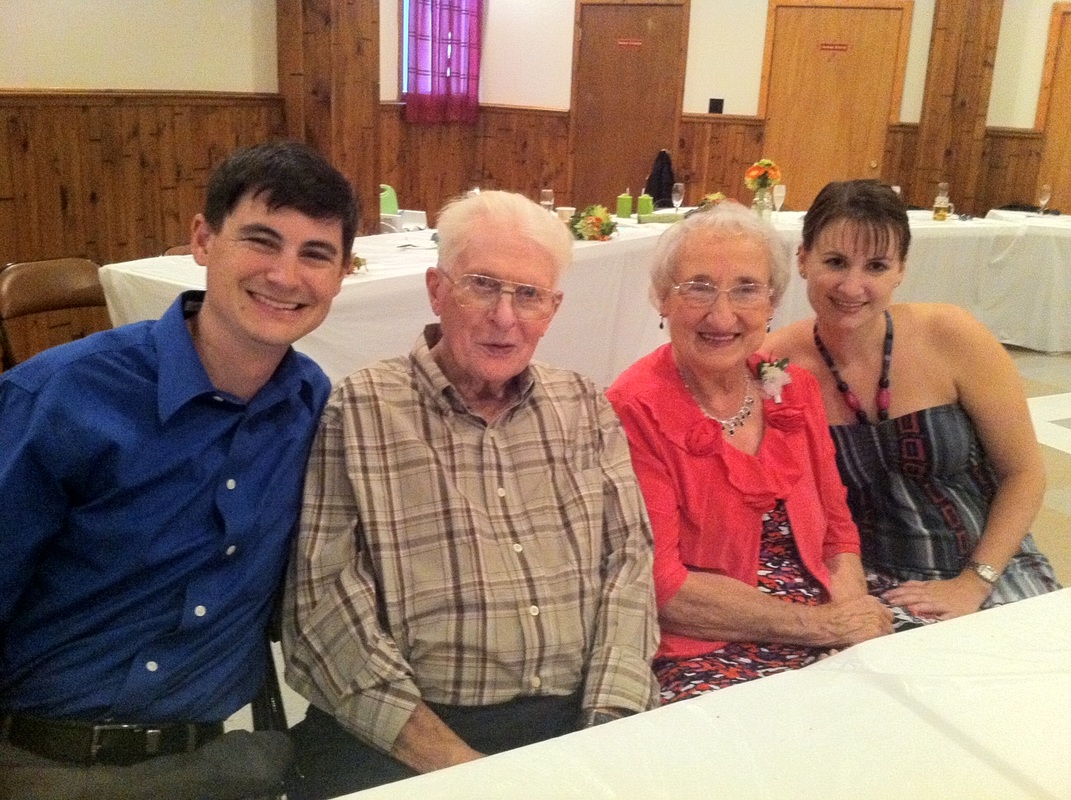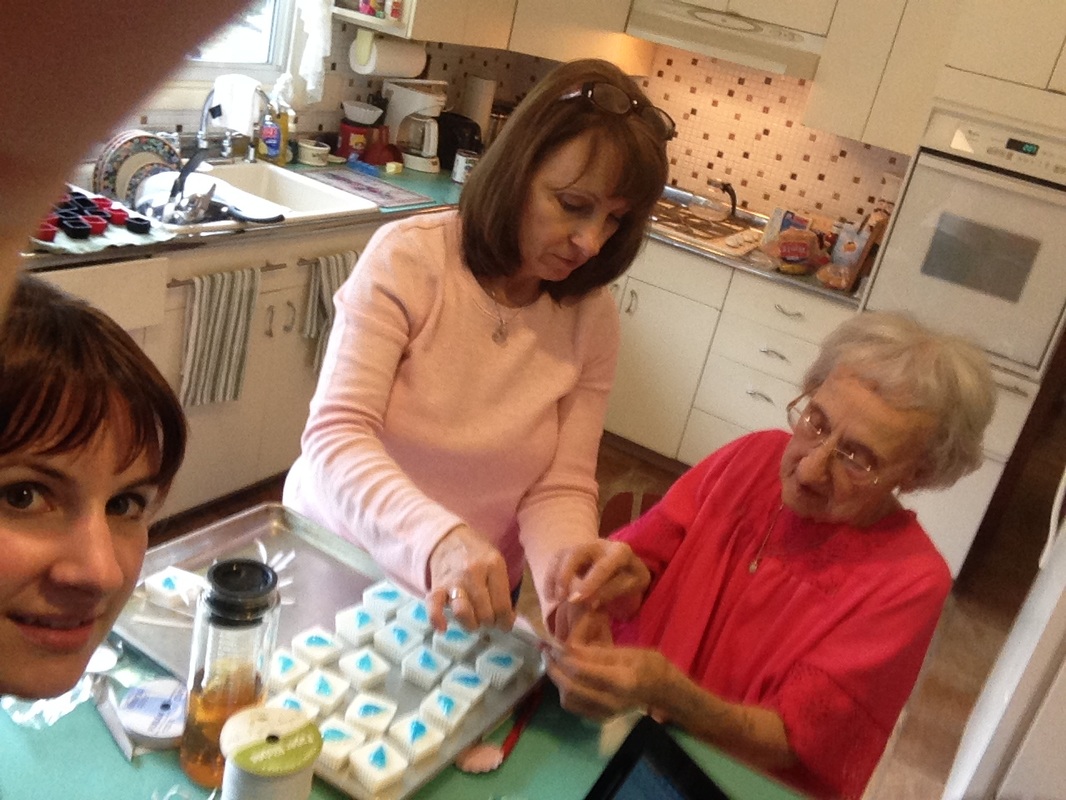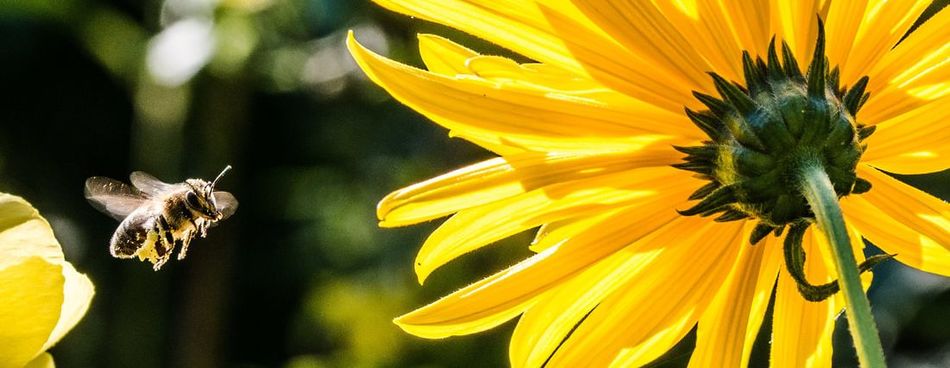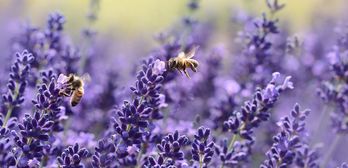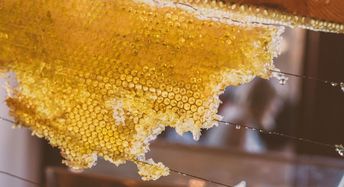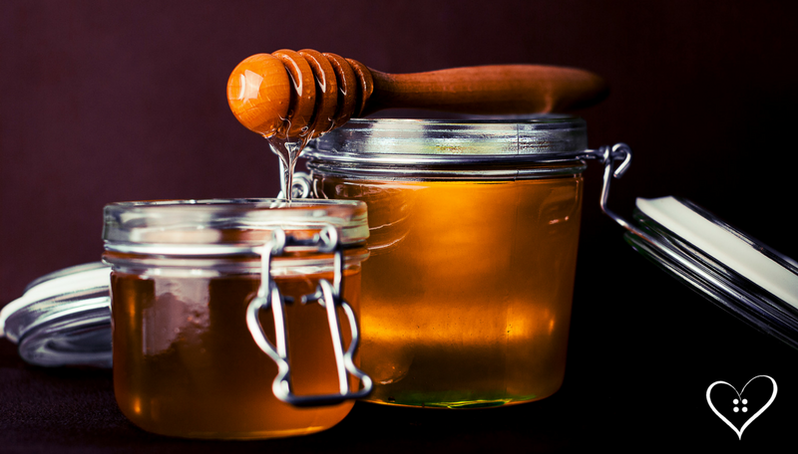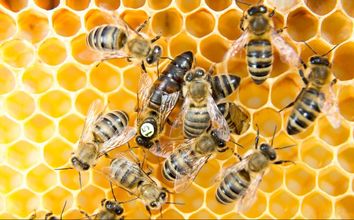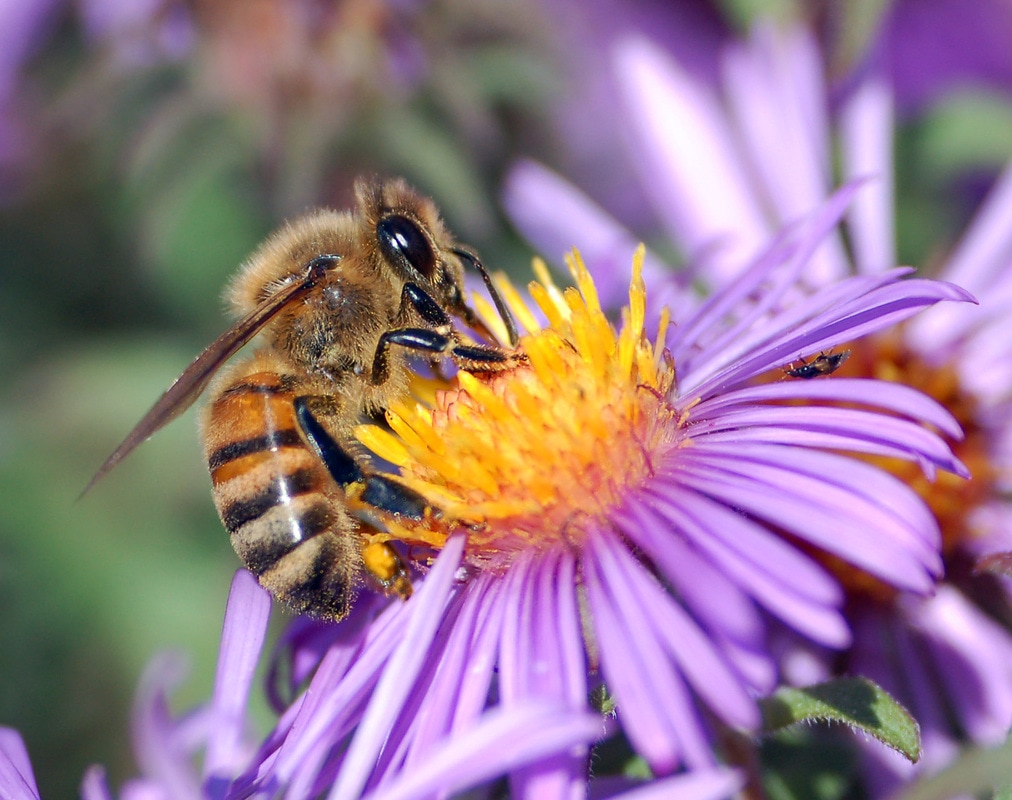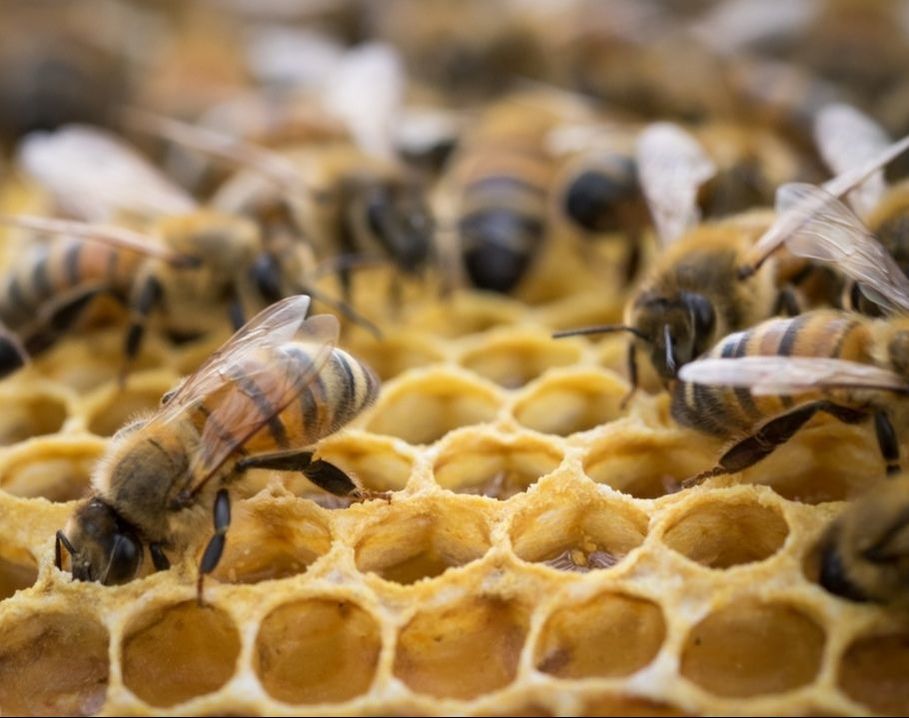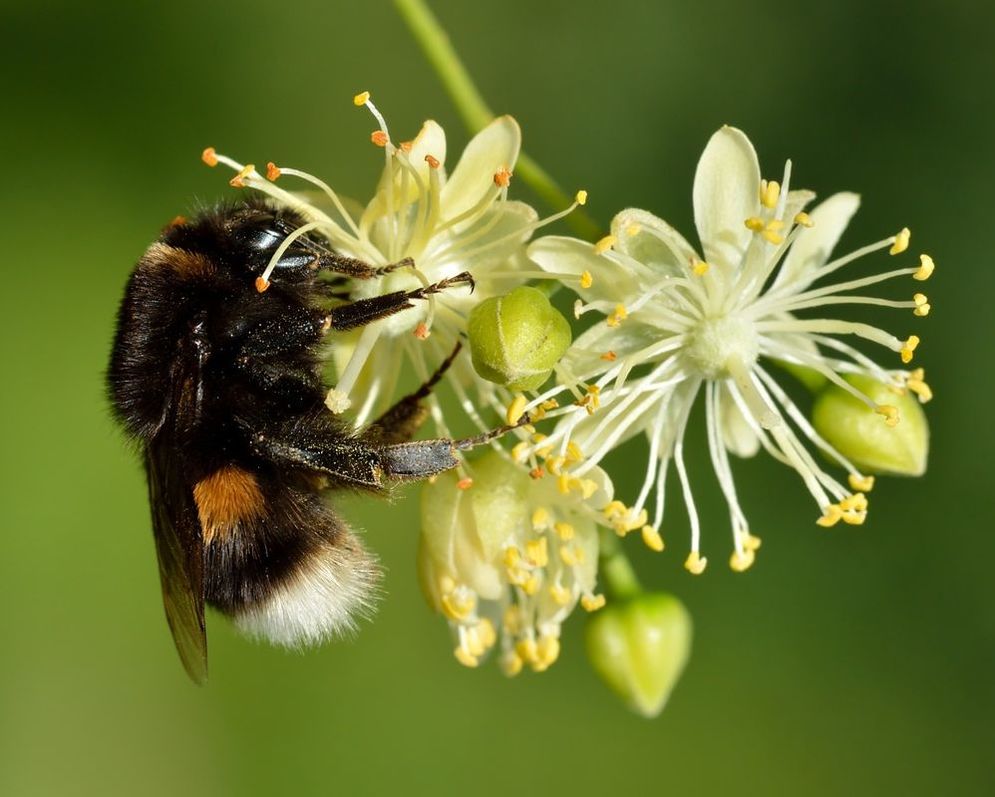-
Our Story
-
Save the Bees
<
>
|
I grew up as the youngest child of five with a beekeeper father and a homemaker mother - both born in the throes of the Great Depression who eked out a living for themselves and five kids with hard work, a stubborn sense of do-it-yourself, and a heavy dose of love. My Dad was a mechanic by day and beekeeper by night - he toiled for decades in the house he had built from scratch making bee boxes, building and fixing everything and anything, and keeping my mother up late with hammers and saws! He was slow, but deliberate - a perfectionist by trade. My Mom was a whirlwind. She cooked every meal we ever ate - fresh bread, delicious casseroles, warm cookies, and trademark pies. If my father was a perfectionist in his wood-working shop, she was a perfectionist in the kitchen. The house I grew up in was a labor of love - and I learned both: how to labor and how to love.
|
I spent years being a stay-at-home Mom, toiling like my father in my mother's trade: baking cookies, cooking dinner from scratch, sewing my kids' Halloween costumes, volunteering at school room-mom activities, and collecting antiques! When the kids were grown, I found my way into the world of sales, where I learned I had a real talent for customizing ad campaigns and signage for stores - for adding that little extra touch at the margins. I had the highest sales for several years running, but I soon learned I had a low tolerance for corporate America's priorities! With some soul-searching, I decided to venture out on my own and create my own labor of love in Tailored Touches.
Tailored Touches is a homage to my parents who taught me that every stitch matters, that corners should be squared and not cut, and that making people feel special brings joy. This company is the culmination of my life experiences and truly a family affair. I've spent years adding "extra touches" to my family's life - whether it was adding a stencil above the chair rail in my first house, hand-designing Christmas ornaments for family members every year (all 21 nieces and nephews!), or making that extra special gift for a loved one. Now, I want to expand my love for 'creating' to a broader community. Tailored Touches will surely evolve over time, but it will remain rooted in the principles of my family: hard work, a stubborn sense of do-it-yourself, and a heavy dose of love.
From my family to yours,
|
We at Tailored Touches are in support of #savethebees efforts as these little creatures are our family trade. My Dad learned beekeeping from his grandfather and later taught his grandson (my son) the love of honeybees. I grew up learning about bees, and I am happy to say that Dad's legacy and love for bees lives on through our business and my son's apiary at his home.
|
To help in the Save the Bees effort, here is a bit of information about why we need to protect the bees and what you can do to help. Don't forget to #savethebees on social media to spread the word to save our little friends!
|
Butterflies, honeybees, bumblebees, and creatures like them pollinate 30% of our food source worldwide. Without them, it would be impossible to feed the entire world efficiently and economically. Artificial pollinators are too expensive and impractical for the whole globe. If we did not have these little gals, we would miss out on foods like avocados, apples, blueberries, cucumbers, onions, and so much more. In addition to ensuring our food sources, pollinators also spread pollen for flowers and trees. They make our world beautiful! Without them, our food web would be altered completely, and our world would look entirely different... and drab!
|
|
Not only is beeswax good for bees, but it can be great for you, too. Beeswax functions as a protectant, keeping moisture in and pesky irritants out, while allowing the skin to breathe by not clogging pores. It is a great way to keep dry skin hydrated and soft.
Propolis is a substance that bees make from the resins and saps of local trees mixed with their stomach acids. When they spit it back out, it hardens to help keep the beehive intact, patching holes and weather-proofing. Like beeswax, propolis has been found to be very healing, and many swear by it to prevent wrinkles. |
Annually, humans use 5.6 million pounds of pesticides globally. This overuse can kill bees. However, a lot of people do not realize fungicides kill bees, too. Even though they target fungi, bees will pick up the fungicide in the pollination process and bring it back to the hive. Once these chemicals are there, they can hurt both the larvae and the bees themselves. Bees are very sensitive to these chemicals.
Plant a garden: Whether it is a full garden or just a few flowers to raise your curb appeal, having flowers and plants in your yard gives bees more access to pollen, which they later turn into honey!
Minimize pesticide/herbicide use: Although it is wonderful to have a luscious yard and a plentiful harvest, the chemicals found in pesticides and herbicides endanger the bees and their colonies more than the pests and weeds do to your lawn. Be conservative, and think before you spray. Be mindful of using fungicides, too.
Buy local: Buying from local farmer's markets supports local beekeepers and helps the bees! Plus, fresh fruits and vegetables are hands-down better than those from the grocery store.
Educate yourself: One of the best things to do is to be and stay informed. Find out what you can do in your local community and spread the word! You can make a difference for these little gals.
Minimize pesticide/herbicide use: Although it is wonderful to have a luscious yard and a plentiful harvest, the chemicals found in pesticides and herbicides endanger the bees and their colonies more than the pests and weeds do to your lawn. Be conservative, and think before you spray. Be mindful of using fungicides, too.
Buy local: Buying from local farmer's markets supports local beekeepers and helps the bees! Plus, fresh fruits and vegetables are hands-down better than those from the grocery store.
Educate yourself: One of the best things to do is to be and stay informed. Find out what you can do in your local community and spread the word! You can make a difference for these little gals.
|
Honey is full of anti-bacterial properties. In fact, honey is one of the best things to use for any cut or burn, helping the wound to heal much faster. It is a "wonder" food in many ways, as it is known to soothe a sore throat and ease indigestion.
Honey is even thought to help people with allergies, as doctors sometimes recommend eating local honey to get your body adjusted to a higher pollen intake. |
|
Not quite. There are three types of bees: drone bees, worker bees, and the Queen Bee. Bees have a very sophisticated system inside the hive.
On a daily basis, the purpose of drone bees is to fly out to find nearby fertile queens to mate with. They come back to their own hive to feed, rest, and help protect it. The drone bee allows bee populations to continually mix gene pools, creating an ever-growing and diversifying species. Worker bees are sterile female bees that are responsible for nearly every task inside the hive. They care for the larvae, build the hive, and make royal jelly until they are old enough to go out and collect pollen, water, and anything else the hive may need. The ordinary summertime lifespan of a worker bee is only 42 days. They literally fly themselves to death - by flying so much to provide for the hive, their wings fall off! |
Queen bee and worker bees:
Queen bees are commonly marked so the beekeeper can easily spot her among the worker bees and track how old she is. |
Queen bees have the sole purpose of laying eggs for the colony. One Queen can lay 1,500-2,000 eggs a day. She really is a queen; worker bees do everything for her. They feed her, carry her waste away, and attend to her every need. Unlike the worker bee, queen bees live, on average, three to four years. That's more than 30 times the life span of the worker!
Royal jelly is a substance that all bee larvae are fed for the first three days of their lives. The only bee that continues to eat royal jelly past this age is the Queen. All other bees switch their diets to regular honey made from pollen. The expanded size of queen bees in comparison to worker bees is attributed to the concentrated plethora of vitamins and nutrients within royal jelly.
*This page is intended to be informational only.*




